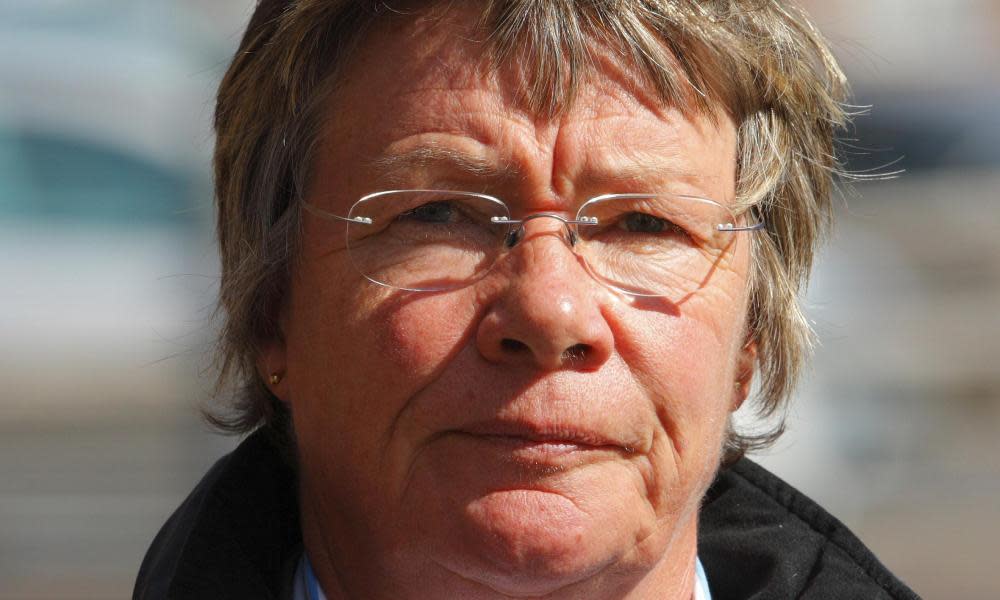Gosport hospital deaths: when reputations override lives

The Gosport review casts a damning light on the inexcusable failings of public bodies, including medical and regulatory organisations and the police (Editorial, 21 June). These deaths are part of a bleak continuum where reputational management overrides public interest, and where institutions close ranks and do their best to evade responsibility.
Across our work on state-related deaths, we see the interests of powerful institutions and individuals prevailing over the access of bereaved people to the truth and accountability about how and why their relatives died. Evidence of systemic failings and human rights abuses is often only brought to light through the determination of families who have had to fight tooth and nail for answers against a background of denial and defensiveness.
We need a conversation about the democratic accountability of the public authorities and corporate bodies responsible for our care and protection.
We call on the government to enact fundamental law reform compelling organisations to act in the public interest and in a fully transparent and truthful manner. We owe this to those who have been so badly wronged, in the hope this can bring about life-saving changes.
Deborah Coles
Director, Inquest
• When I started practising pharmacy some 50 years ago, the medical practitioner was at the apex of a hierarchical treatment pyramid. Questioning a prescription was a countercultural process and the response could be dismissive, combative, belittling and even career-threatening.
As medicines grew in complexity, it became apparent that good treatment requires a multidisciplinary team in which discussion and, if necessary, questioning of decisions is expected and welcome.
The regime at Gosport War Memorial Hospital (Report, 21 June) shows that replacement of autocracy with deployment of a wider range of clinical skills in patient care has not yet been sufficiently achieved. In how many other institutions are unchallenged treatment decisions such as those of Jane Barton threatening similar tragic consequences?
Peter Lowe
Newcastle upon Tyne
• As with Harold Shipman, reporting of this health scandal makes no reference to the discovery of malpractice being assisted by the statistics in question being way out of line with comparable wards in other hospitals (in Shipman’s case, practices). Are death rates in similar cases not kept, and, if not, why not? Are other wards hiding dark secrets?
Margaret Squires
St Andrews, Fife

 Yahoo News
Yahoo News 
